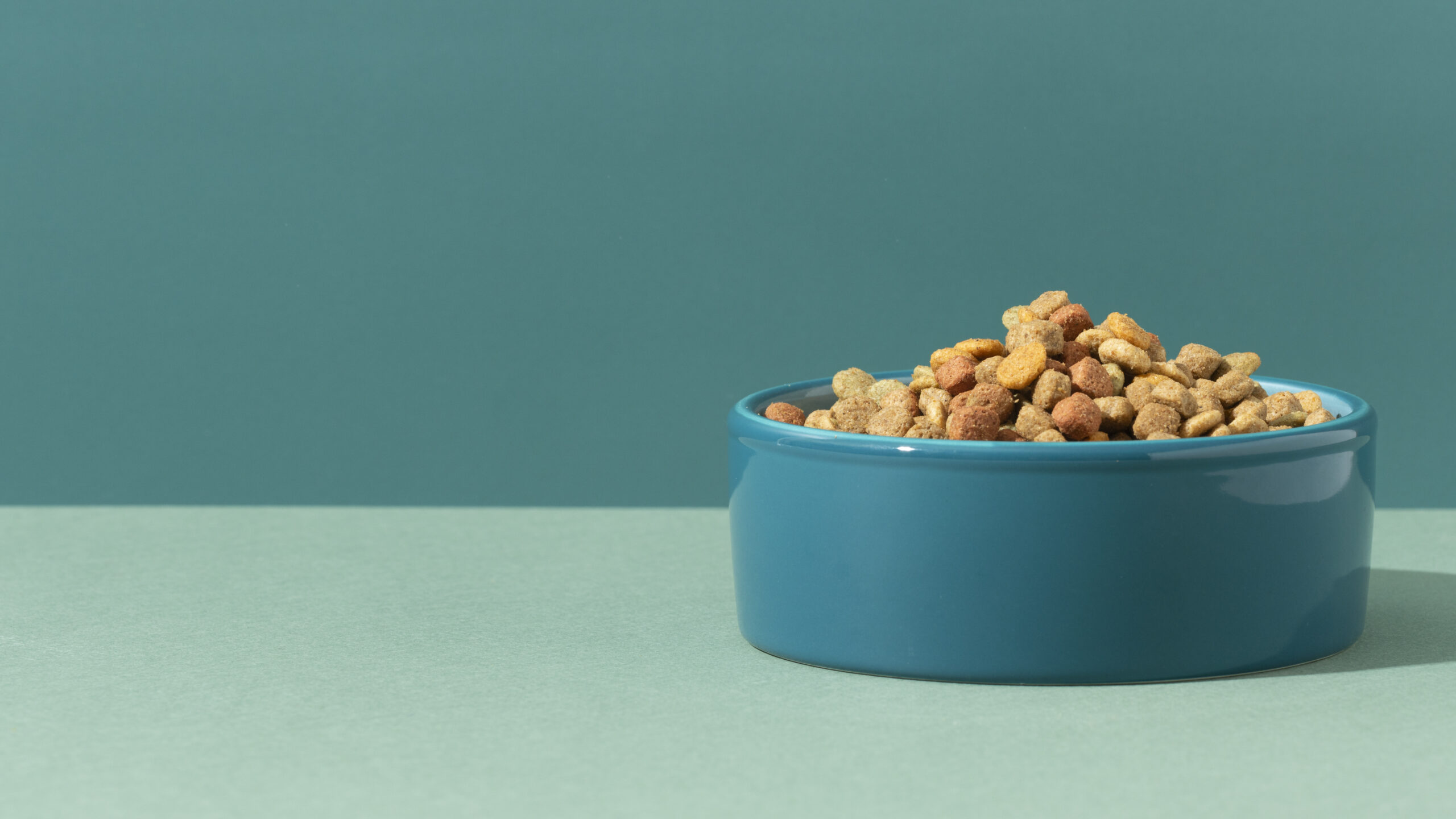Wet and Dry Dog Food Calculator
Tailoring Your Dog’s Diet
Providing your dog with a balanced and nutritious diet is essential for their overall health and well-being. A dog food calculator can help you determine the appropriate amount of food to feed your dog based on their age, size, weight, and activity level.
Key Factors Affecting Nutritional Needs
- Age: Puppies, adult dogs, and senior dogs have different nutritional requirements. Puppies require more calories for growth, while senior dogs may need a diet that is lower in calories and higher in nutrients to support their aging bodies.
- Size: Larger dogs generally require more calories than smaller dogs due to their increased body mass and metabolic rate.
- Weight: Maintaining a healthy weight is crucial for a dog’s overall health. A dog nutrition calculator can help you determine the appropriate calorie intake to achieve and maintain a healthy weight.
- Activity level: Dogs that are more active, such as those involved in sports or frequent exercise, will need more calories to fuel their energy expenditure.
- Health conditions: Certain health conditions, such as diabetes or heart disease, may require a specialized diet. Consult with your veterinarian to determine the best dietary approach for your dog’s specific needs.
Using a Dog Food Calculator
A dog food calculator typically requires you to input your dog’s weight, age, breed, and activity level. Based on this information, the calculator will provide an estimate of the daily calorie intake your dog needs.
Homemade Dog Food Considerations
If you choose to feed your dog homemade food, it’s important to ensure that the diet is nutritionally balanced and provides all the essential nutrients. A dog nutrition calculator can help you determine the appropriate proportions of protein, carbohydrates, and fats for your dog’s homemade food.
FAQs
- How often should I feed my dog? The frequency of feeding depends on your dog’s age, size, and activity level. Puppies and senior dogs may benefit from more frequent meals, while adult dogs can often be fed once or twice a day.
- Can I use a human food calculator for my dog? No, human food calculators are not designed to provide accurate nutritional information for dogs. Dogs have different nutritional requirements than humans, and using a human food calculator can lead to nutritional deficiencies or excesses.
- What are the signs of malnutrition in dogs? Signs of malnutrition in dogs can include weight loss, decreased appetite, lethargy, dull coat, poor muscle tone, and changes in behavior.
- Can I overfeed my dog? Yes, overfeeding your dog can lead to obesity and other health problems. Using a dog nutrition calculator can help you avoid overfeeding.
- Is it better to feed my dog wet or dry food? Both wet and dry food have their advantages. Wet food is often more appealing to dogs and can be beneficial for hydration, while dry food is more convenient and can help with dental health. The best choice for your dog will depend on their individual preferences and needs.
- Can I mix wet and dry food? Yes, you can mix wet and dry food to provide a variety of textures and flavors for your dog. However, it’s important to adjust the overall calorie intake to ensure your dog is getting the appropriate amount of food.
- Should I give my dog supplements? While supplements can be beneficial for some dogs, it’s important to consult with your veterinarian before giving them to your dog. They can help determine if your dog needs any additional supplements and recommend appropriate products.
- What is the best dog food for my dog? The best dog food for your dog will depend on their age, size, activity level, and any underlying health conditions. Look for a high-quality dog food that is formulated to meet your dog’s specific needs.
- How can I prevent my dog from begging for food? Be consistent with mealtimes and avoid giving your dog table scraps. If your dog begs for food, simply ignore them and wait for their scheduled mealtime.
- What should I do if my dog is picky eater? If your dog is picky about their food, try offering them a variety of high-quality options. You can also consult with your veterinarian to rule out any underlying health issues.
- How can I help my dog with food allergies? If you suspect your dog may have food allergies, consult with your veterinarian to determine the best course of action. They may recommend a hypoallergenic diet or allergy testing.
Additional Considerations
- Hydration: Ensure your dog has access to fresh, clean water at all times. Dehydration can lead to various health problems.
- Dental health: Regular dental care is essential for maintaining your dog’s oral health. Brush your dog’s teeth regularly and consider dental treats or chews.
- Environmental factors: Stress and anxiety can affect your dog’s eating habits. Provide a calm and comfortable environment for your dog to eat.
- Senior care: As your dog ages, their nutritional needs may change. Consult with your veterinarian to determine if a senior-specific diet is appropriate.
- Special needs: If your dog has any underlying health conditions, such as kidney disease or diabetes, you may need to consult with a veterinarian to develop a specialized diet.
Beyond the Basics
- Food sensitivities and allergies: Some dogs may have sensitivities or allergies to certain ingredients in their food. If you suspect your dog may have a food allergy, consult with your veterinarian to determine the best course of action.
- Homemade dog food recipes: If you choose to make your own dog food, be sure to consult with a veterinarian or a qualified nutritionist to ensure that the diet is balanced and provides all the necessary nutrients.
- Commercial dog food labels: When choosing a commercial dog food, read the ingredient list carefully and look for high-quality protein sources. Avoid foods that contain excessive fillers or artificial additives.
- Transitioning to a new food: If you’re switching your dog’s food, it’s important to transition gradually to avoid digestive upset. Mix the new food with the old food over a period of several days.
- Portion control: It’s important to feed your dog the appropriate amount of food to maintain a healthy weight. Overfeeding can lead to obesity, while underfeeding can lead to malnutrition.
- Storage: Store dog food in a cool, dry place, away from direct sunlight and moisture. This will help maintain its freshness and prevent spoilage.
- Environmental factors: Stress and anxiety can affect your dog’s appetite and food intake. Provide a calm and comfortable environment for your dog to eat.
- Regular veterinary check-ups: Regular veterinary check-ups can help identify any underlying health conditions that may be affecting your dog’s appetite or weight.
By using a dog food calculator and consulting with your veterinarian, you can ensure that your dog is receiving the optimal nutrition to support their health and well-being.

